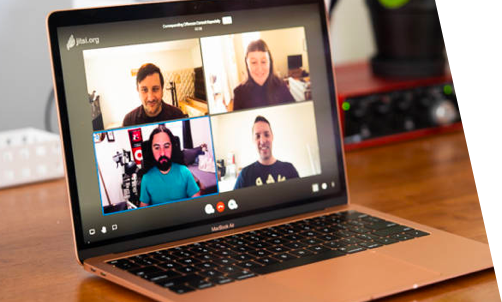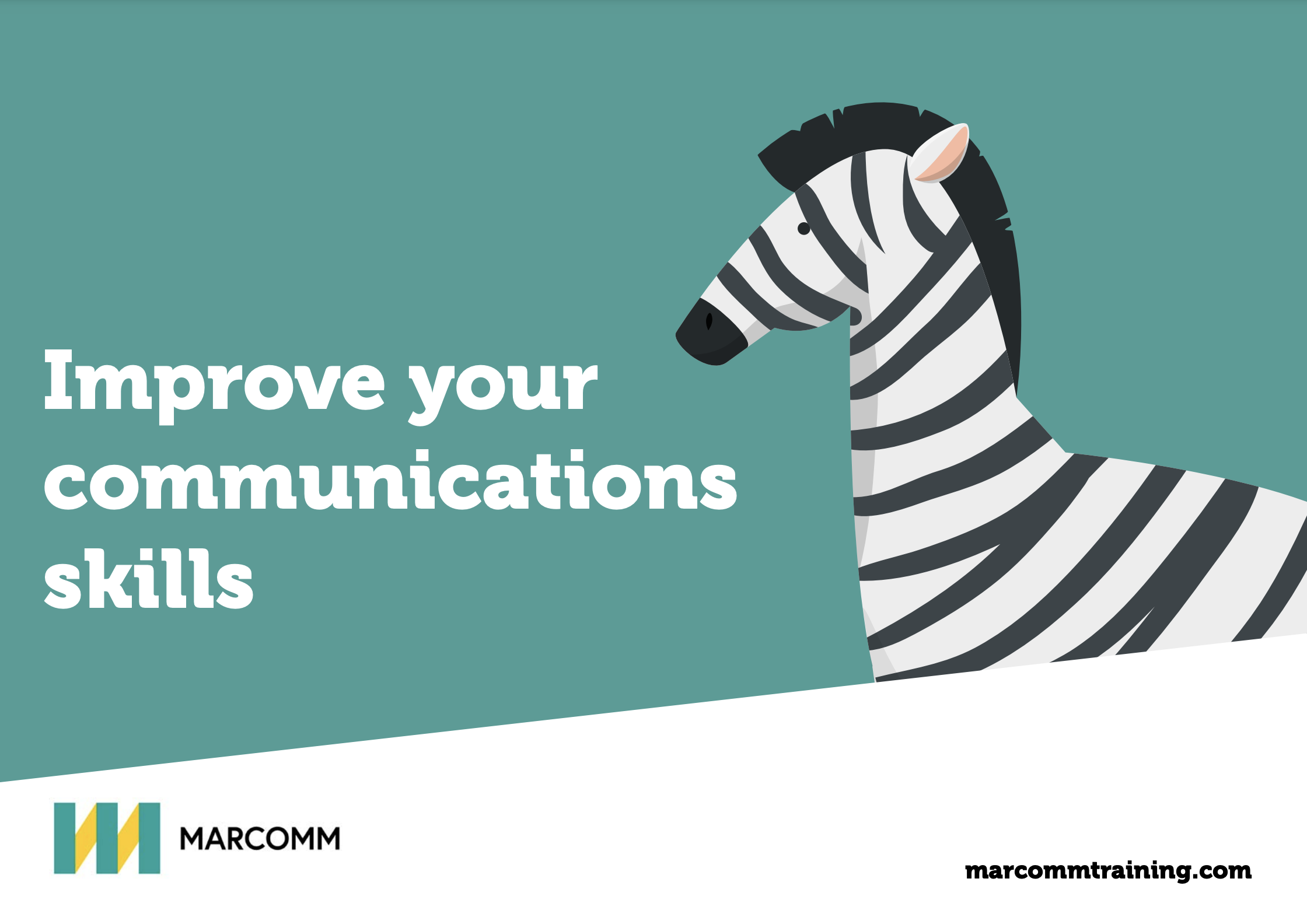If I had an hour to solve a problem and my life depended on the solution, I would spend the first 55 minutes determining the proper question to ask, for once I knew the proper question, I could solve the problem in less than 5 minutes.
Albert Einstein
This is a quote we use a lot on our programmes and it is from one of the world's most brilliant minds, Albert Einstein. He recognised the power of asking the right question at the right time. Being able to ask a great question and to listen carefully to the response is a skill few of us have mastered. Really understanding the other party’s position, what's important to them, how they're really feeling and helping them to clarify their next steps are all benefits from the ability to ask the right question.
Those who ask the questions control the conversation. Those who ask the questions have more information to inform their next decision. Imagine when buying your next car, you establish that the salesperson is one car short of their monthly sales target. What would that do for your negotiation stance?

Who are great at asking questions? Kids of course. I am sure you've been on the receiving end of a stream of questions from a 3 year old, always starting with “Why.”
As we grow older, we seem to lose that curiosity, we make assumptions, we listen to what we want to hear. Developing our questioning skills can serve us well when it comes to developing our ability to influence, coach and help others learn to be more effective in their roles.
Asking good questions in the right way is a skill that can be developed. Asked the right way the other party will feel comfortable in opening up. Asked the wrong way, it will have the opposite effect.
Here are four types of questions that you probably use already, but used the right way and at the right time can really develop your essential communications skills.
1 Open questions
At the most basic level there are two types of questions - open and
closed. We recognise open questions when they begin with Who? What?
When? Where? Why? or How? Open questions require a more detailed
response. They helped to uncover and explore more information. They
encourage the other party to talk and reveal more.
One small caveat, Take care when beginning a question with “Why”? It may come across as slightly aggressive. Try a softer approach by saying something like “I am curious to understand why you decided to choose that option?”.
Use open questions when you want the other party to say more, or you really want to understand their position.
2 Closed questions
Closed questions on the other hand, require a yes or no answer. They begin with Is?, Was? Can? Do? They tend to result in a yes or no response and as an information gathering tool, they are limited. However, close questions have their place. When we need confirmation that something is understood or agreed we use a closed question. They are like a non-return valve. We use them to clarify or confirm agreement.
3 Probing questions
When we need to gain a better insight into an issue, it may be appropriate to deploy probing questions. By asking the other party to elaborate you may gain more detail. “Can you say a little more about that?” will give the other person an opportunity to elaborate.
Sometimes if we simply can repeat the last few words of their sentence, it will encourage them to say more. For example, if they say you are too expensive your response could be to restate “too expensive you say? Listen to how the other party elaborates.
When you really need to understand more about the other persons issues or motivations then use probing questions.
4 Calibrated questions
There will be times when a difficulty or problem emerges in the conversation and progress is not obvious. The other party may be resistant to moving forward. Perhaps this may be the time to give control to the other party to help them create a solution.
Calibrated questions are open ended questions that take the confrontation out of the situation by inviting the other party to help develop the solution. Calibrated questions are questions that have a purpose. They guide the other party in a certain direction. They invite them to see things from another perspective. By asking them how we proceed, we are recognising their view is worth listening to.
Calibrated questions are open ended and often begin with the question, How? How can we solve this problem? How can I move us forward? How would you like me to proceed?
Next time you feel stalemate has been reached, have the confidence to invite the other party to articulate what should happen next. You may be surprised by the outcome.
What are the benefits of asking good questions?
Knowing when to ask the right question at the right time is a powerful communication and influencing skill. Good questioning skills demonstrate an interest in the other person. It helps us uncover new facts and new possibilities. It can put you in control of the conversation. It is a skill that with a little practice can really become a powerful addition to your communication skills toolkit.





